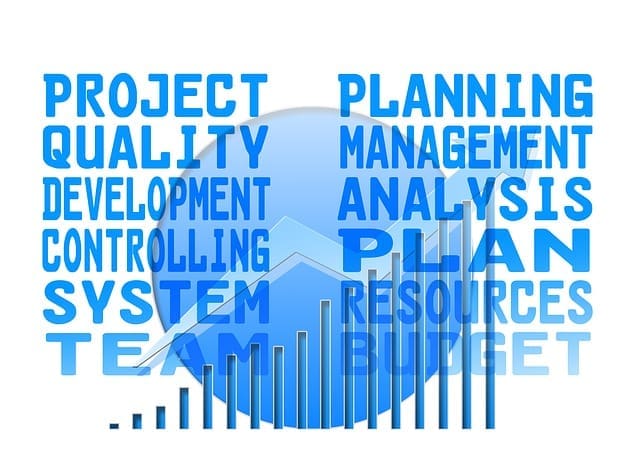Business analysis involves defining, scoping and prioritising initiatives (usually projects) and, particularly on complex projects, is an essential first step and then a continuing process as requirements change along the way (as they nearly always do). Thorough business analysis ensures the goals and objectives of the project are clear, which helps keep the project on track to success.
We ted to think that the role of the BA is a distinct role performed by specialists in their field and in many respects that’s true but there is much that we could all learn from the business analyst whatever our own role might be.
For instance business analysts need to understand how a business works, including it’s particular culture. But, hey, isn’t that a useful skill for anyone to have who is in a senior role in an organisation?
A BA also looks to identify strengths and weaknesses within a project, programme and organisation. That’s useful for senior execs too. And the BA looks for ways to develop solutions that are more cost-effective, increased productivity, reduce costs etc. That’s useful for anyone concerned with the operational or financial side of an organisation – you can see where I’m going with this…
Business analysis also looks at risks and risk mitigation, cost-benefit analysis, ROI for major initiatives so we start to form a picture of a skillset that is not confined to the role of business analysis alone. We start to see that a BA could help with more strategic initiatives within an organisation and help those initiatives be more successful, stay focused on their aims and deliver value for money
The tasks that a BA routinely performs are, in fact, ones that senior execs and other professionals should also be involved in. And the BA’s skillset could benefit a wide range of other professionals in other parts of the organisation. Perhaps we could all benefit from becoming more multi-skilled and not too focused on what we perceive to be our defined role. Perhaps most importantly of all if all senior execs and other professionals in an organisation can recognise that they hold a shared vision then co-operation between departments could be improved leading to more successful projects and other initiatives. And, of course, this would help ensure that the projects and initiatives underway at any one time would be the right projects for the business, being done at the right time in the business’s development and with the right skills and resources in place to make sure they are a success.



